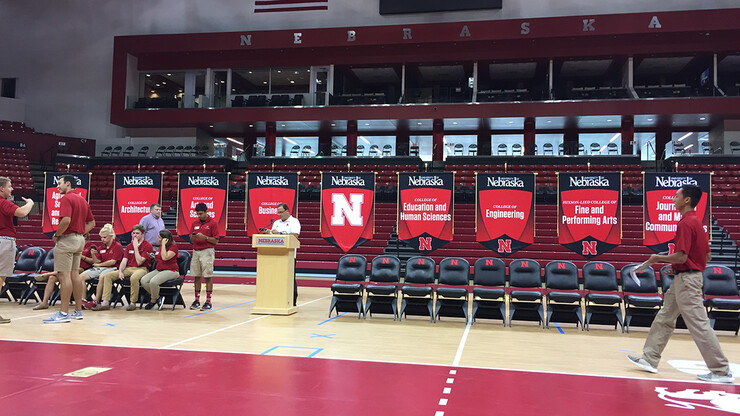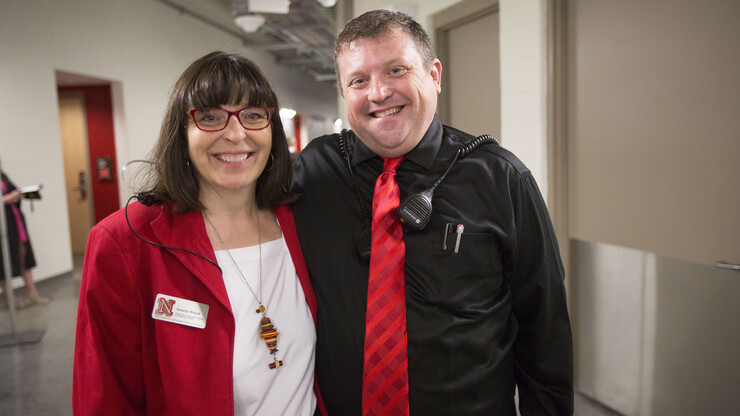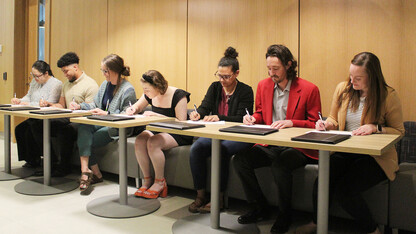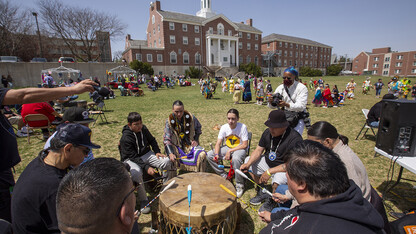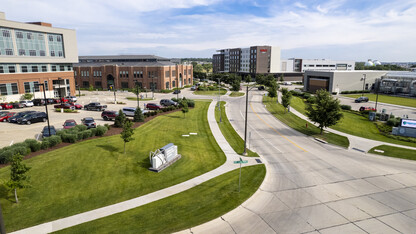· 5 min read
After decade of decline, Svehla seeks kidney transplant
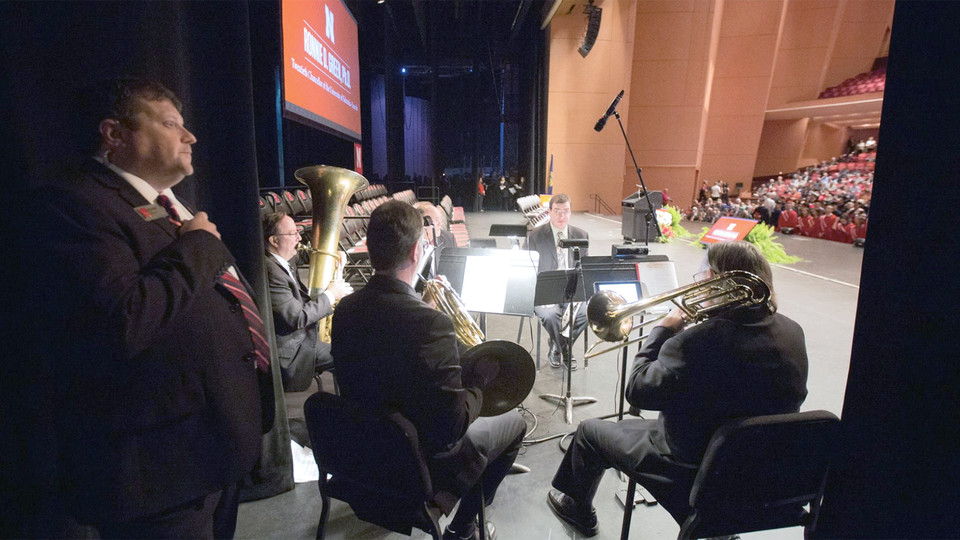
The human immune response is an amazingly complex, brutally efficient system — a network of cells, tissues and organs evolved to march in step, seeking and destroying organisms that dare to invade and cause disease.
However, no physiological system is perfect — occasionally the network breaks step and the battle goes sideways. For Nebraska’s Corrie Svehla, a haywire immune response sparked by a random illness has led to a decade-long decline in kidney function.
“I’ve been on a regimen of treatment the last 10 years to keep me as healthy as possible,” Svehla said. “In November of last year, my kidney function started to really decrease and I started dialysis in February.”
Having recently completed a battery of tests and consultations with nephrologists at the Mayo Clinic and University of Nebraska Medical Center, Svehla is now on the national organ transplant wait list. He has also started reaching out to friends, family and the community to seek a living donor.
“At this point, it’s essentially a waiting game,” Svehla said. “The national average to find a donor via the wait list is five years. If we find a living donor who matches, it could be done in a couple of months.”
Disease triggered
Svehla vaguely recalls getting sick in 2009. It seemed nothing more than a common cold and he soldiered on with his work as manager of special events for the chancellor and other senior administrators.
When ill feelings lingered, he ventured to see a doctor which led — ultimately — to a consult with kidney specialists.
“A nephrologist surmised that some virus — maybe swine flu — set off a dormant gene in my kidneys,” Svehla said. “The gene led to an infection, which made my kidneys swell and start to deteriorate.”
For the last 10 years, Svehla has managed the disease with assistance from doctors at the Mayo Clinic in Rochester, Minnesota. Over that time, his kidneys functioned at about 30 percent — well above the 10 to 15 percent range that triggers the need to join a transplant list.
In November, function dropped to 15 percent. Doctors hoped to maintain that level for months, but the organs soon thereafter completely stopped removing waste from blood.
“I’ve been on a regimen of treatment for the last 10 years, doing everything doctors wanted to try and keep me as healthy as possible,” Svehla said. “It worked, for the most part.”
To dialysis and beyond
Svehla is at his best behind scenes, quietly working through technical glitches to assure that chancellor-level events at the University of Nebraska–Lincoln go off without a hitch.
Not wanting to draw attention to himself, Svehla kept the disease as quiet as possible. He scheduled regular check-ups in Minnesota around major campus events and maintained the hectic workload of any special events person. The need for dialysis three times a week changed that in February.
“I’ve received a tremendous amount of support from colleagues in (Information Technology Services), the chancellor and other members of senior leadership,” Svehla said. “People are always asking me about how I’m doing, what’s going on in the process and offering to help out.
“I never realized how many lives I’ve touched on campus until I got sick.”
Svehla recently transitioned to home dialysis, which has helped him maintain a somewhat regular workload. And, in preparation for the donation process, he reached out to Dennis Molfese, an emeritus professor of psychology who was part of a kidney donation chain. The conversation helped Svehla decide to complete his transplant through the University of Nebraska Medical Center.
“I knew Dennis had done his research prior to donation and that he was really happy with the care he received from the med center,” Svehla said. “We had a great conversation via email. It helped set my mind at ease.”
Now, Svehla is playing a waiting game. Hoping to hasten the search, he reached out and told his story via social media channels. He ranks an initial Facebook post amongst the hardest things he’s ever had to write.
“I don’t like the aspect of having to ask people for assistance, but, I really need a kidney,” Svehla said. “And, I know there are other university employees and people in the community on dialysis or looking for a kidney. My goal is to maybe, set up a donor chain like Dennis’ that would help multiple people — maybe even myself.”
Individuals interested in donating to Svehla or anyone else can do so anonymously via an online form through UNMC. To complete the form, use Svehla’s birthday of April 21, 1971 when prompted. Learn more about the donation process at UNMC.
